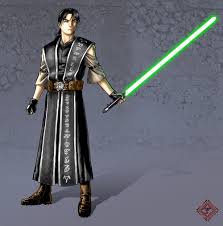
I went to the Provident Ladies Book Night and meet Rachel Nunes! I didn't read the book picked for book club, Eyes of a Stranger but I did read her Whitney finalist book, Fields of Home.
I gave my daughter another of Rachel's books, Daughter of a King which has sold over 70,000 copies!
Rachel told us how she writes a book: FAST! Her books go through at least 10 revisions/edits before being published. She filled us in on her next two books...they sound very interesting! I decided to buy Flying Home and had her sign it. Rachel is a very nice, funny, down to earth lady!
Go to the Pleasant Grove Library Book Festival to met Rachel and Tristi among other local authors!
PS Karlene, I 'borrowed' your picture. Mine didn't work out! Hope that's ok!



